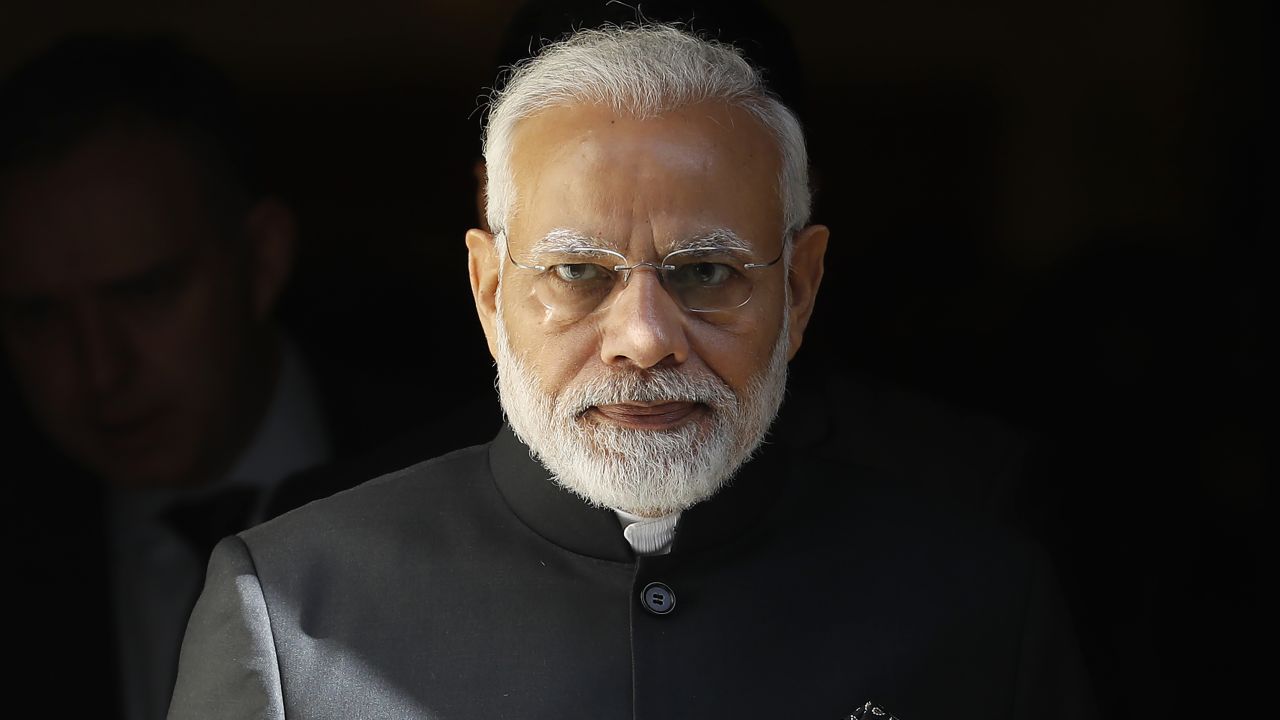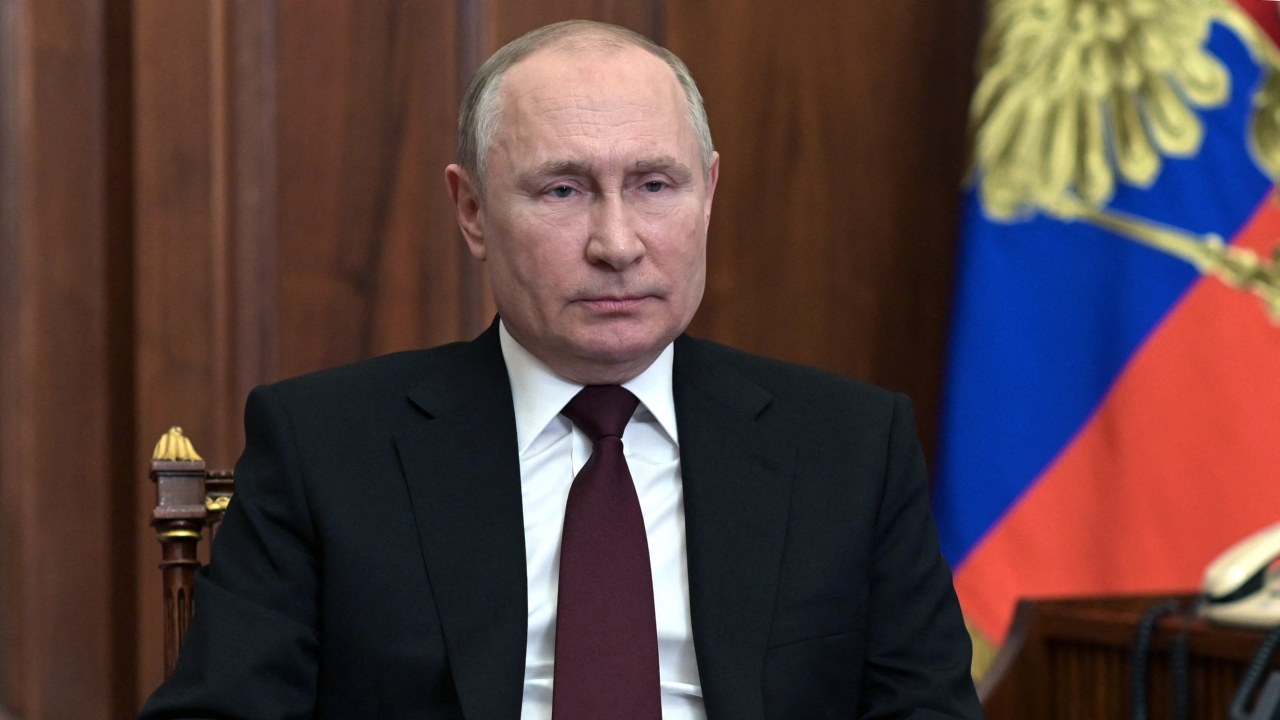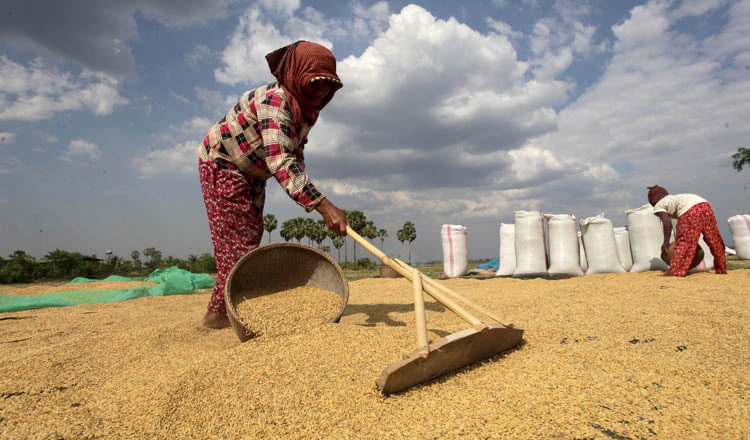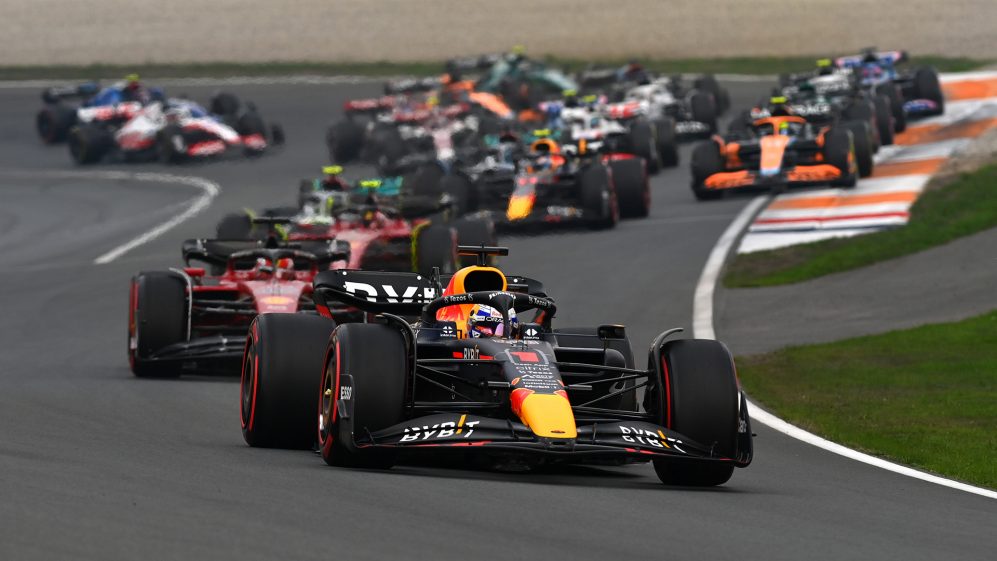
India’s stock markets, which continue to rise in spite of unfavorable world events, represent the country’s increasing ‘atmanirbharta’ of domestic investment capital.
As of December 2023, foreign institutional investors (FIIs) held over 18% of businesses listed on the National Stock Exchange, while domestic institutional investors (DIIs), which include insurance companies and mutual funds, held about 16%.
According to reports given the type of domestic inflows into mutual funds and pension funds, DIIs may surpass FIIs fairly soon.
Mutual fund systematic investment plans (SIPs) reached a record high of Rs 17,610 crore in December 2023, representing a monthly accretion rate over $2 billion. With two months remaining, January will surpass the 2022–23 total of Rs 155,972 crore for a full year, having reached a total of Rs 141,923 crore in the nine months leading up to December of fiscal 2023–24.
We are talking about domestic SIP-based investments of $22–24 billion at a run rate of roughly Rs 1.8–2 lakh crore annually. Furthermore, direct contributions from high-net-worth and regular investors are not included in this.
According to a report by The Economic Times, DII investments during the last four calendar years, from 2020 to 2023 (plus a little over a month of 2024), were more than twice as high as FII investments, at Rs 549,759 crore. This suggests that the current surge in stocks is primarily driven domestically. Indian patient money is outpacing cautious foreign capital, which has seen FII withdrawals from India in two of the previous four years.
It is impossible to predict any significant fall based solely on domestic economic or political difficulties, but this is not to say that the stock market advance can go on indefinitely on domestic steam alone. In the end, prices must represent the fundamentals of business performance.
First, the market may experience a significant correction if the 2024 elections provide any shocks, such as the BJP performing less than projected.
Secondly, and this is the more concerning issue, everything is up in the air if the wars in west Asia and Ukraine worsen. Already, the US and Iran have joined the Houthis of Yemen, Hezbollah in Lebanon, and the battle in West Asia.
Also read: Forget 2024, Modi-Shah tandem Is Aiming For 2029


It’s getting more and more obvious that Ukraine cannot prevail in the war. However, the markets may not be so understanding if the West chooses to escalate the conflict by having NATO actively involved in an effort to prevent a Ukrainian defeat.
However, one thing is certain. Now that a larger segment of the population is becoming disciplined long-term stock investors, Indian risk capital will play a bigger role in driving India’s growth story. The opportunistic inflows and outflows of cautious international investors no longer control the market.
The average investor has become more astute and no longer views the stock market as a means of making easy money.

































































































































































































































































































































































































































































































































































































































































































































































































